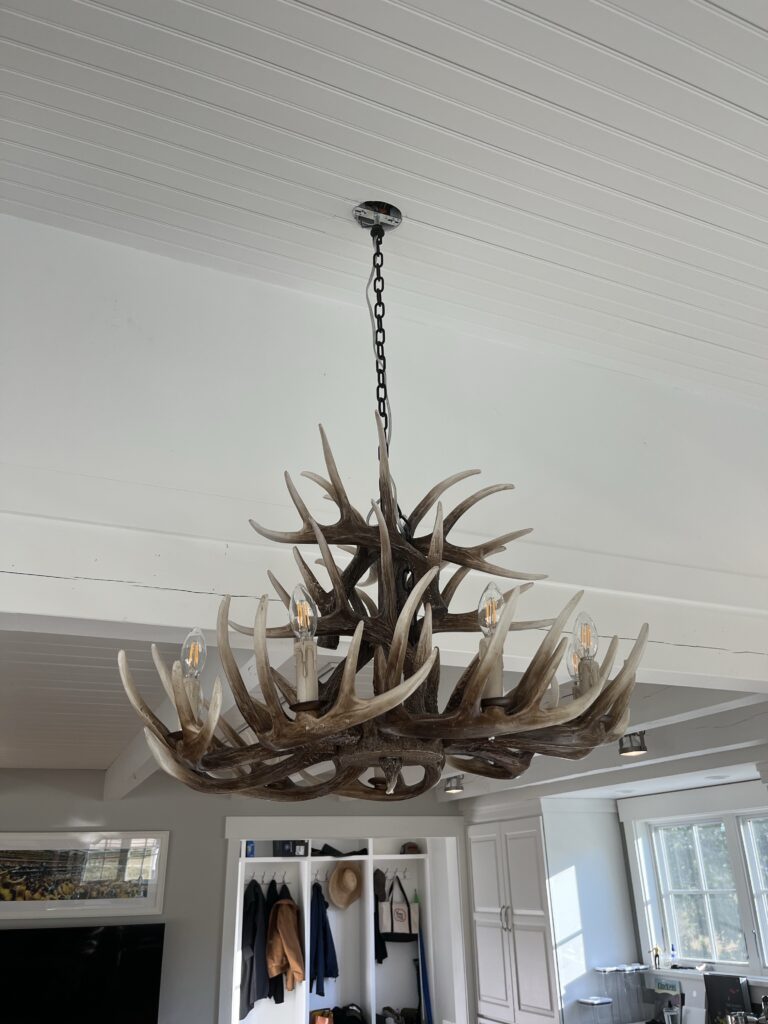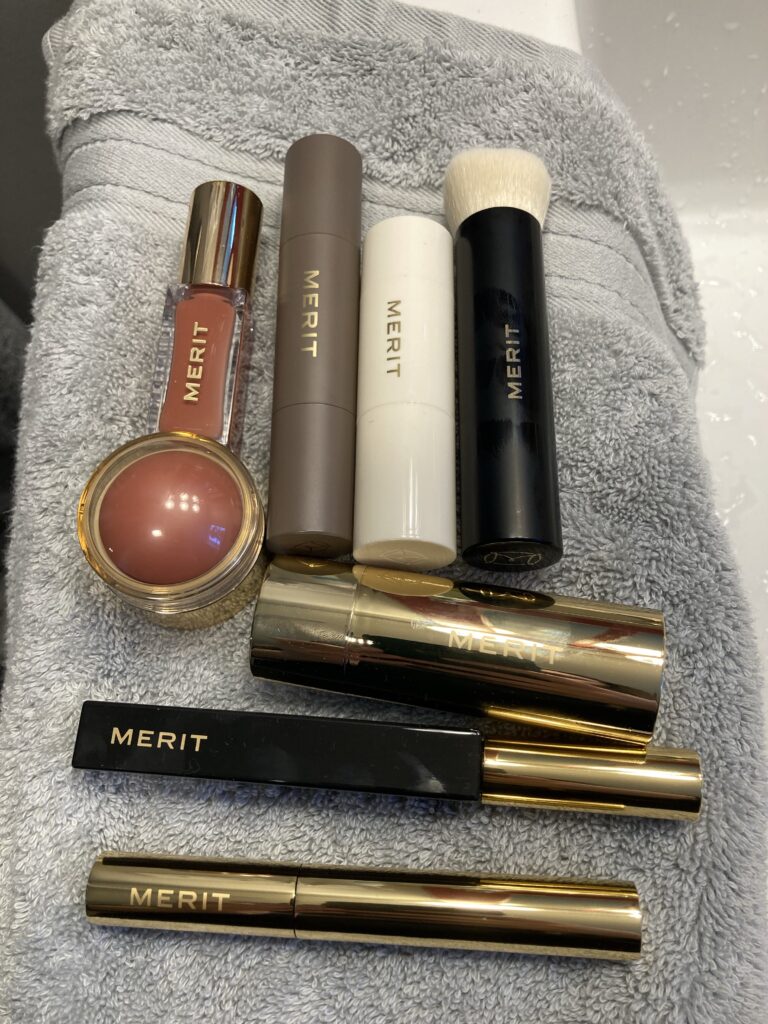It’s been a minute since I posted about the mild annoyances of shopping to outfit a new house. Because we have upgraded the amount of space we live in by two or three times and we are hoping to use some of the space for hospitality we’ve bought a lot of shit recently.
I have shopped a large assortment of direct to consumer retail brands. Included in the list is Brooklinen, Havenly, Italic and Merit in the last month or so. And the varied state of quality and service in the venture funded retail space is such a mixed bag. The most pleasant experiences have been from older brands and retailers like Carharrt, Ariat and Sephora.
I would entirely recommend Havenly as an intermediary service for both design and furniture shopping as the returns are relatively simple and they consolidate a ton of retailers into the interface. But they are so good at their jobs you mostly don’t need to return stuff. We bought a cheap fake antler chandelier to see if it could be pulled off (against the advice of the designer) and were promptly told by everyone to return it. Which lets be honest was good advice all around. We did have to dismantle it which I’m told was quite the IKEA style effort.

I cannot say I have the same praise for direct to consumer brands that are still attempting to make margins happen in the middle market. I’ve had some amusing fails on that front and it again reminds me of the danger consumers are beginning to feel when they shop brands with less social awareness. This is a real issue for direct to consumer brands as they fight it out with less venture dollars compared to the past. It’s going to hurt their lifetime customer values.
Merit is a much covered cosmetics brand which has some star products I liked (their foundation is terrific) but some really low rent packaging. So I wanted to return a couple items. Merit made returns so challenging I might just eat the cost of half the products that I don’t want to use. Merit’s customer care team literally wanted me to write reviews of each product I wanted to return to begin the process. Damn girl but ain’t nobody has time for that.

Ironically I had already done that on their Yotpo product review prompts a week earlier but didn’t save them (why would I) so when it came time for returns I just said fuck it as I didn’t want to retype my 500 word a piece reviews again just to return the items. It’s been sitting in my inbox for so long I’m afraid they won’t accept it. A huge and amusing fail to integrate basic customer retention tactics and your order options. I expect it will hit their lifetime customer value and require a fix soon. I literally haven’t overcome the inertia just to get my $70 back and perhaps they know that. Which is a dick move.
By far the most clever return mechanic I’ve seen is from Italic. I’ve loved their cashmere and their sheets but some of their other odds and ends were just bad fits. And it turns out they know it. They offered a 50% store credit on an item if I just gave it to a friend. Alas it is a dress that doesn’t work if you have breasts. Which is clearly a challenge to hand off to anyone.

The other irritant that Italic had though is that it shipped in four separate orders and insisted that we ship it back in four separate orders which is wildly wasteful even by e-commerce standards. And it has the unexpected effect of me accidentally returning a pair of cashmere pants I didn’t even try on as I forgot I bought two different cuts and ended up returning both as they came in separate orders over the space of a week. Oops! That’s $150 they won’t get from me. I frantically texted my Alex asking if he had them still but nope I might try to rebuy them but now I don’t trust I’ll be able to even figure it out.
Shopping is going to get extremely weird over this holiday season as brands have significant depths to overcome come past supply chain issues. But as the economy struggles with inflation I’d expect to see more tricks like Merit on the negative end and clever loyalty gambits like Italic on the positive. So keep that in mind as Black Friday approaches.